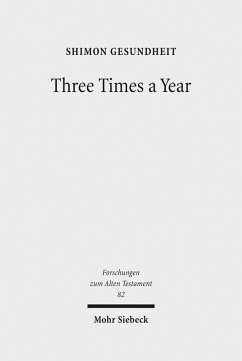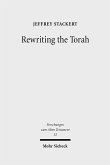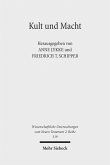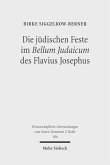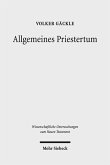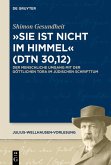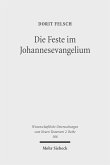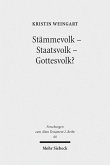The festival calendars in the Pentateuch have made up the heart of critical biblical research from the beginning. Each of the calendars was thought to have taken shape against its own specific historical background and to accurately reflect a distinct stage in the development of Israel's cultic and social institutions. Classical hypotheses used them to distinguish the different legal codes in the Pentateuch from each other, to define the original compositions, and to arrange them relative to each other in an historical, chronological sequence. Shimon Gesundheit challenges the classical historical reconstructions and the methodology driving them. He presents an alternate point of view, according to which the festival laws do not simplistically reflect the specific cultic or social realities of actual historical periods. Rather, through their legal discourse, they shape and promote new ideas by textual revision and redaction, in the lemmatic style of midrash, and they represent a process of progressive literary development. Born 1961; studied at the Department of Bible, Hebrew University of Jerusalem (2000 PhD) and Department of Near Eastern Civilizations and Languages at Harvard University (2001 Post-Doc); since 2002 he has been teaching at Hebrew University of Jerusalem.
Dieser Download kann aus rechtlichen Gründen nur mit Rechnungsadresse in A, B, BG, CY, CZ, D, DK, EW, E, FIN, F, GR, HR, H, IRL, I, LT, L, LR, M, NL, PL, P, R, S, SLO, SK ausgeliefert werden.

